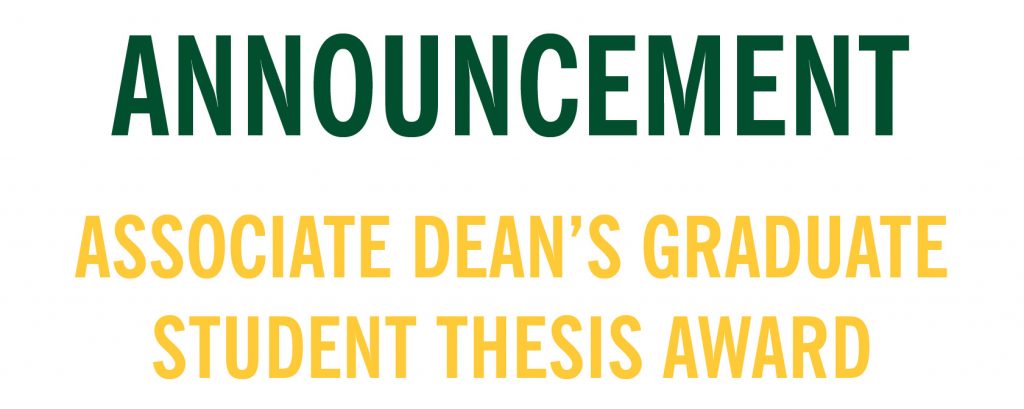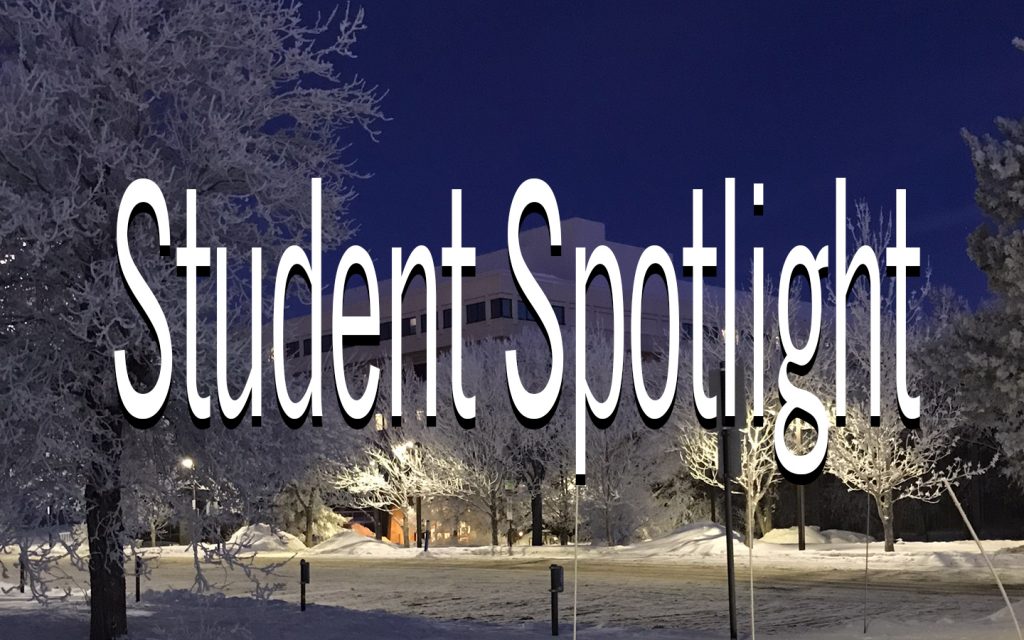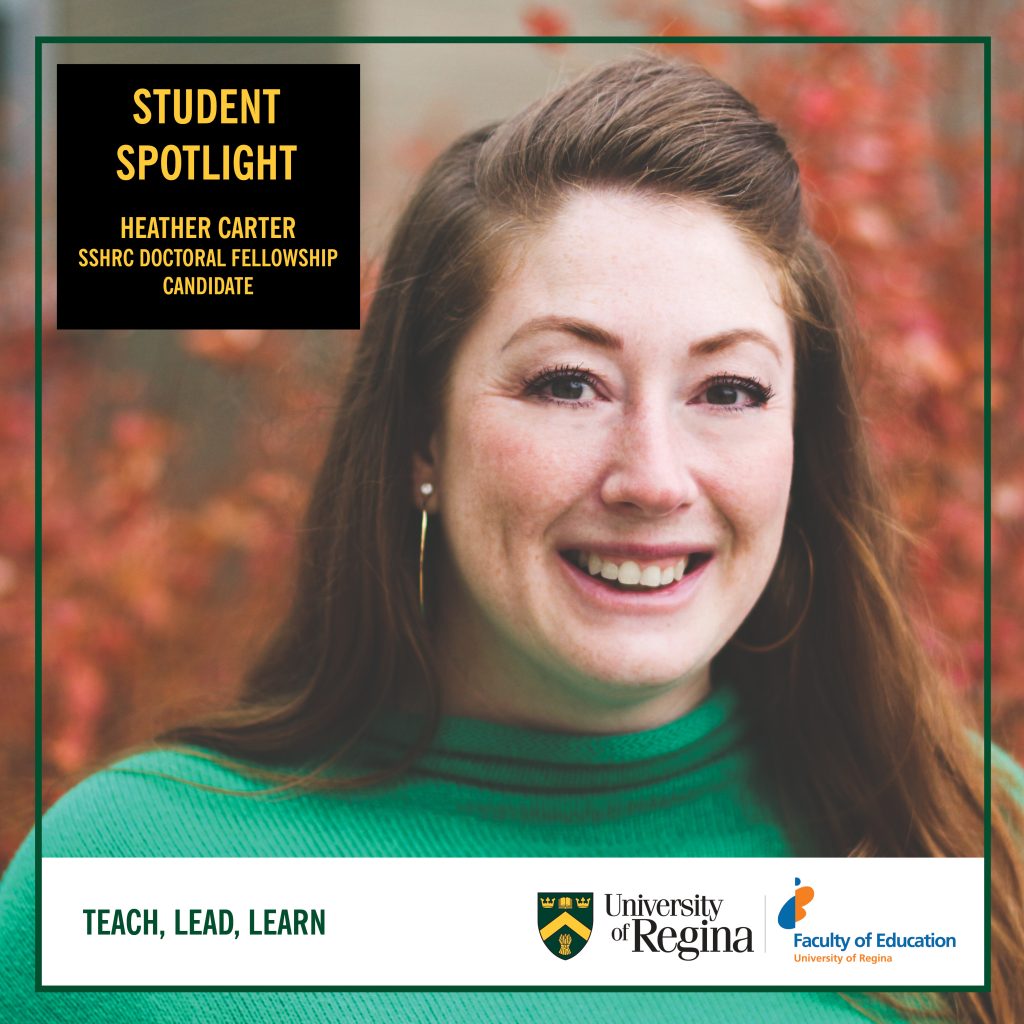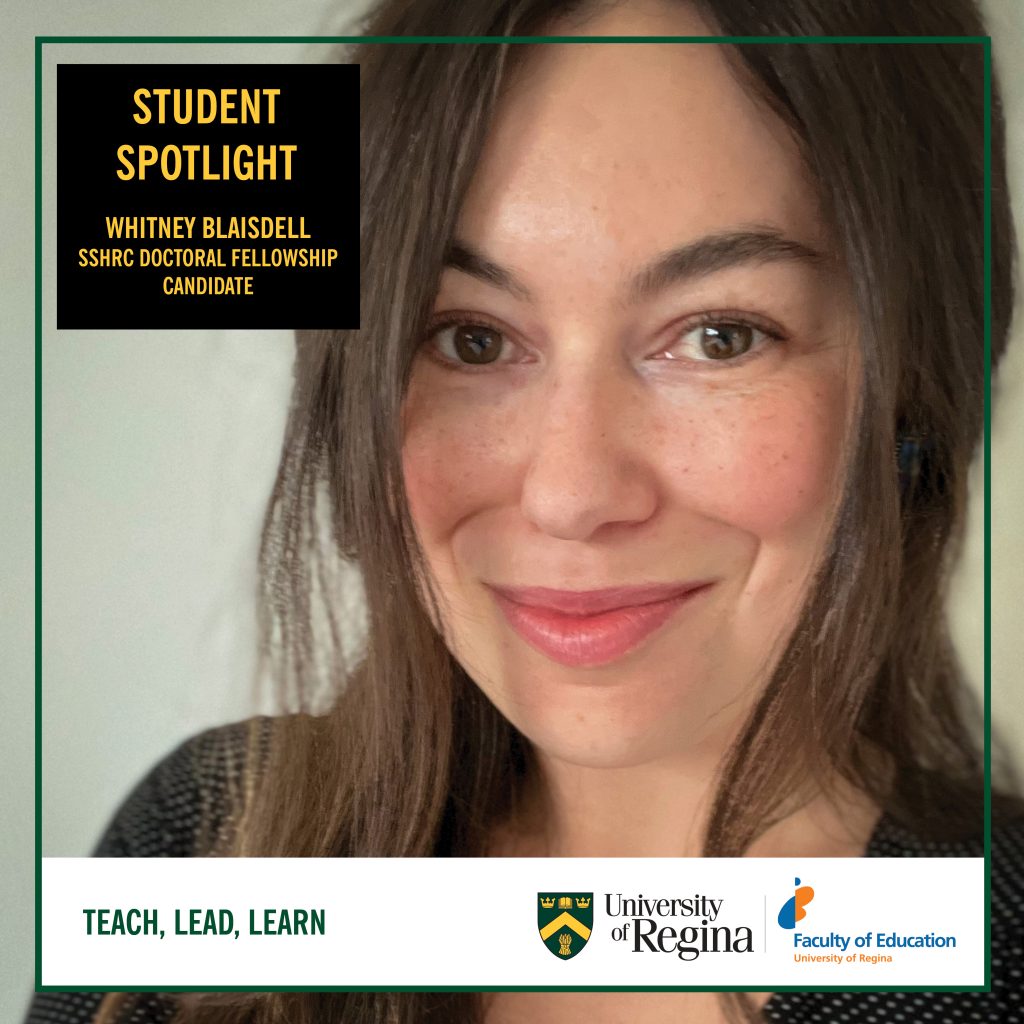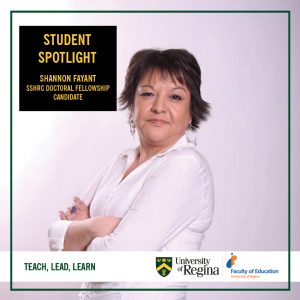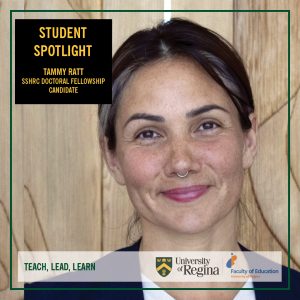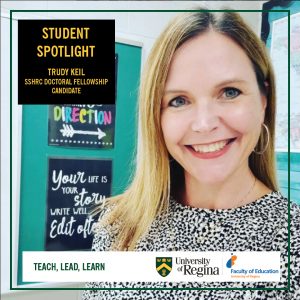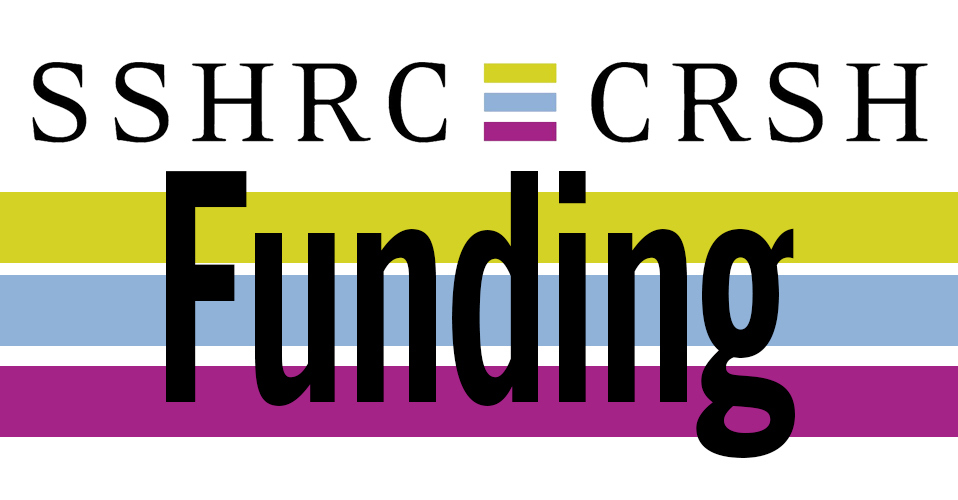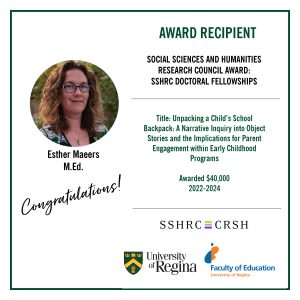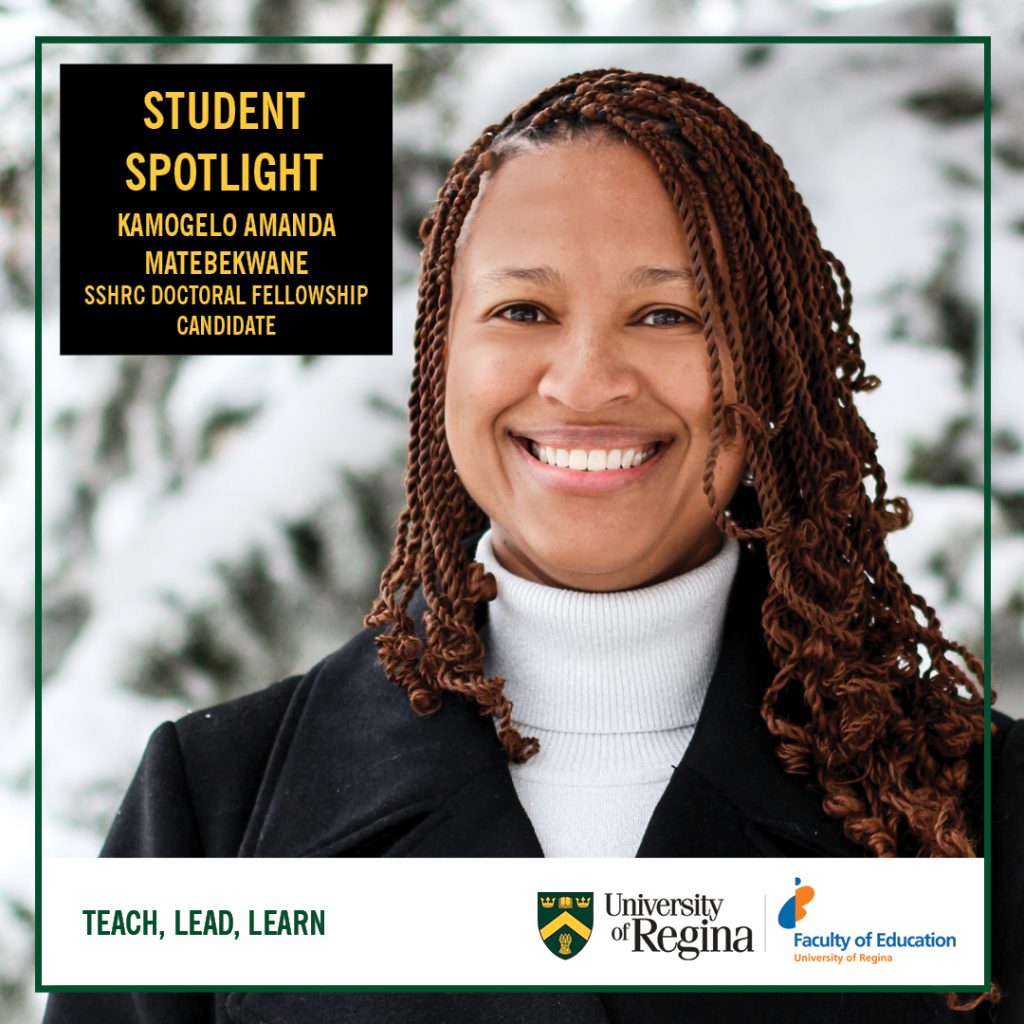
In December, our Faculty received news that six of our graduate students have been chosen for the SSHRC Doctoral Fellowships/Canada Graduate Scholarships (CGS) Competition. We saw this news as an opportunity to highlight some of our extraordinary graduate students and their research.
Our spotlight today is shining on PhD student Kamogelo Amanda Matebekwane, one of the six competitors. Amanda currently works as a research assistant in the Faculty’s research unit (CERCD.ca).
Born and raised in beautiful Botswana, in the southern part of Africa, Amanda carries with her the Botswana values of humility, kindness, compassion, unity, and selflessness. Amanda says, “I bring these values to Canada to learn and appreciate the co-existence of human and non-human beings on treaty lands.”
A passion for working with young children initially led Amanda to do her B.Ed.(’06) in Early Childhood Education (ECE) at the University of Botswana. This same passion brought her back to the University of Botswana to do her M.Ed.(’15). Amanda’s experience while working in Botswana, inspecting early childhood education centres for the local government, had opened her eyes to the gaps and challenges that existed in the well-being and education of children. For her master’s research, then, she focused her study on the well-being of orphans and vulnerable children and the extent to which support services met their basic and educational needs. Her findings confirmed that indeed, there was a significant gap between what children needed and what children were offered by both government and guardians. Amanda presented her master’s paper, “Determining Latent Factor Structure of the Orphans and Vulnerable Children Wellbeing Tool (OWT) Based on Botswana Sample,” at the 88th Annual Meeting of the Midwestern Psychological Association in Chicago. After completing her master’s, Amanda decided to immigrate to Canada to join her husband and begin their life journey together.
On a cold night in early March 2017, Amanda arrived in Regina and experienced snow and subzero temperatures for the first time. She says, “The YQR airport doors opened to embrace me with a gulp of freezing air. I turned back and looked at my husband and said, ‘Oh no! I’m going back home!’ He laughed and said, ‘Welcome to Canada!'”
When she first arrived in Canada, Amanda had no interest in returning to university for her PhD. She had struggled financially with tuition and books attending the University of Botswana. However, when she learned about student loan opportunities in Canada, her passion for continuing her studies was rekindled. She says, “I took some time and searched for programs and institutions that offered outstanding programs at a reasonable price. The University of Regina stood out because of its commitment to diversity, equity, and inclusion. The other thing that caught my attention with U of R was the fact that it was offering relevant programs that address current issues affecting people living in Regina. Such programs include anti-oppressive education, anti-racism education as well as Indigeneity and decolonizing education. The support offered at the Faculty of Education has been absolutely amazing! The scholarships offered every term always motivate and inspire me to do my best.”
For her PhD research, Amanda is exploring the experiences of Black immigrant children, their families, and teachers within the Regina elementary public school system in the context of anti-Black racism education. She says, “I am so keen to engage young children in early childhood education settings to understand their lived experiences and at the same time magnify their voices.” Rather than considering children subjects in the research process, Amanda says, “I will be co-researching with them to understand how the education system can refuse the normativity and Eurocentric worldviews and integrate the children’s values and beliefs that they bring from their home countries. I strongly believe that in an increasingly multicultural society, we need to affirm racialized identities, find joy in human diversity, and be confident, collaborative, and caring in standing up for social justice.” Amanda’s research is supervised by Dr. Emily Ashton. Her committee members are Dr. Christine Massing, Dr. Donna Swapp, and Dr. Florence Luhanga (Faculty of Nursing).
Amanda recently published a personal essay:
Matebekwane, K. A. (2022). Counter-storytelling: A form of resistance and tool to reimagine more inclusive early childhood education spaces. in education, 28(1b), 116 – 125. https://doi.org/10.37119/ojs2022.v28i1b.661
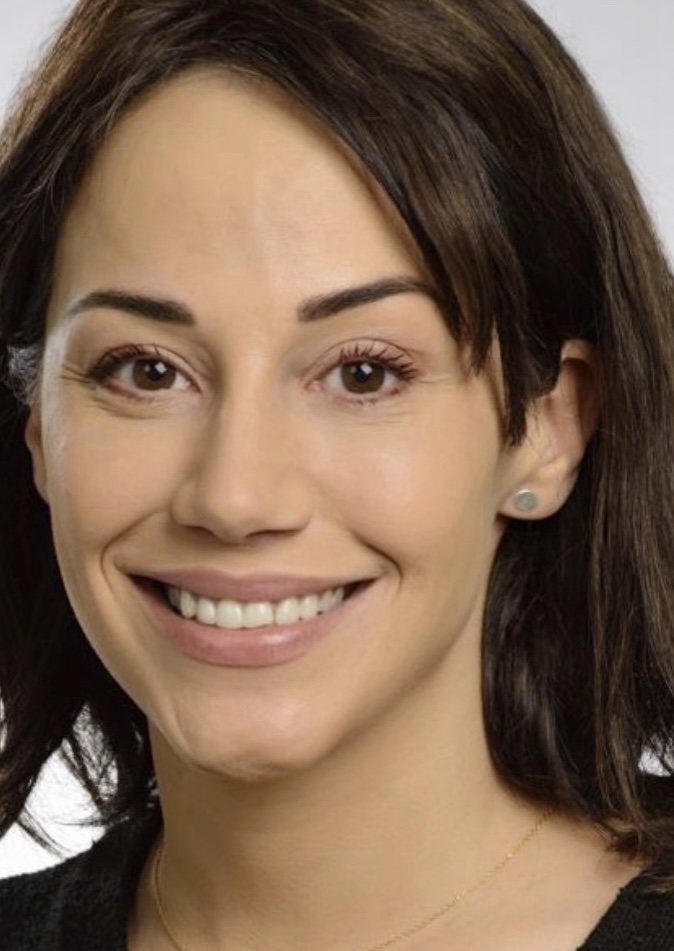 Congratulations to Dr. Jaime Mantesso, one of two recipients of the spring 2023 Faculty of Education Associate Dean’s Graduate Student Thesis Award.
Congratulations to Dr. Jaime Mantesso, one of two recipients of the spring 2023 Faculty of Education Associate Dean’s Graduate Student Thesis Award.